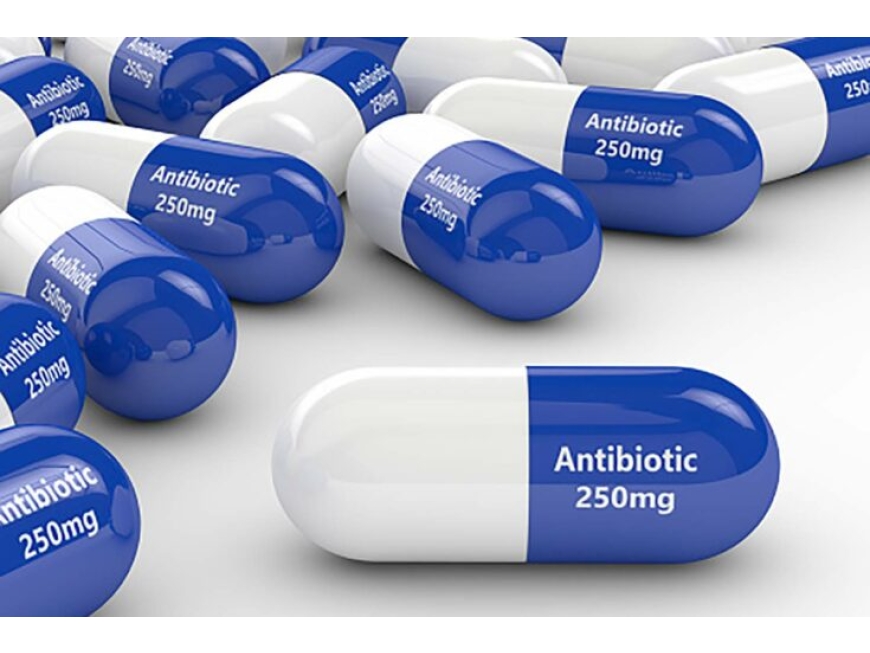
Are People Too Dependent on Antibiotics?
Introduction:
Antibiotics have revolutionized modern medicine, saving countless lives by combatting bacterial infections. However, the widespread and often excessive use of antibiotics has raised concerns about their overreliance and the potential consequences for both individuals and society as a whole. In this article, we explore the question: Are people too dependent on antibiotics?
The Value of Antibiotics:
Before delving into the potential problems, it's important to acknowledge the tremendous value antibiotics provide. They have transformed the treatment of once-fatal bacterial infections, making surgeries safer, reducing mortality rates, and improving overall public health. Antibiotics have undoubtedly been a medical breakthrough that has had a positive impact on countless lives.
The Issue of Antibiotic Resistance:
One of the primary concerns associated with the overuse of antibiotics is the emergence of antibiotic resistance. Bacteria possess a remarkable ability to adapt and evolve, and overexposure to antibiotics can lead to the development of resistant strains. When bacteria become resistant, common infections can become difficult, or even impossible, to treat effectively.
Overprescription and Self-medication:
One contributing factor to antibiotic resistance is the overprescription and inappropriate use of these drugs. Antibiotics are sometimes prescribed for viral infections, even though they are ineffective against viruses. Additionally, individuals may resort to self-medication, using leftover antibiotics without proper medical guidance. These practices contribute to the development of resistance and undermine the effectiveness of antibiotics when they are truly needed.
The Role of Patient Demand:
Another aspect of the antibiotic dependency issue lies in patient demand. Patients often expect antibiotics as a quick fix for various ailments, even when they might not be necessary. Healthcare providers face challenges in balancing patient satisfaction with responsible antibiotic prescribing. This pressure can lead to unnecessary antibiotic prescriptions, further fueling the problem of resistance.
Healthcare Education and Awareness:
To combat the issue of antibiotic dependency, healthcare professionals and the general public must prioritize education and awareness. Patients need to understand the limitations of antibiotics and the importance of using them only when prescribed by a healthcare provider. Improved public understanding can reduce the demand for unnecessary antibiotic use and help preserve the efficacy of these life-saving medications.
Promoting Alternatives and Antibiotic Stewardship:
Efforts to reduce dependency on antibiotics should focus on promoting alternatives whenever possible. This includes preventive measures such as vaccination, proper hygiene, and infection control practices. Additionally, healthcare providers should embrace antibiotic stewardship programs that encourage responsible prescribing, emphasizing the importance of targeted treatment and reducing unnecessary use.
Conclusion:
While antibiotics have undeniably played a crucial role in modern medicine, the overreliance on these drugs poses significant challenges. Antibiotic resistance is a growing concern, and addressing it requires collective efforts from healthcare professionals, policymakers, and the public. By promoting responsible antibiotic use, educating patients, and exploring alternative strategies, we can strike a balance between the benefits of antibiotics and preserving their efficacy for future generations.







-100x125.jpeg)
-100x125.jpeg)
-100x125.jpeg)

-100x125.jpeg)
-100x125.jpeg)
-100x125.jpeg)
Write a comment